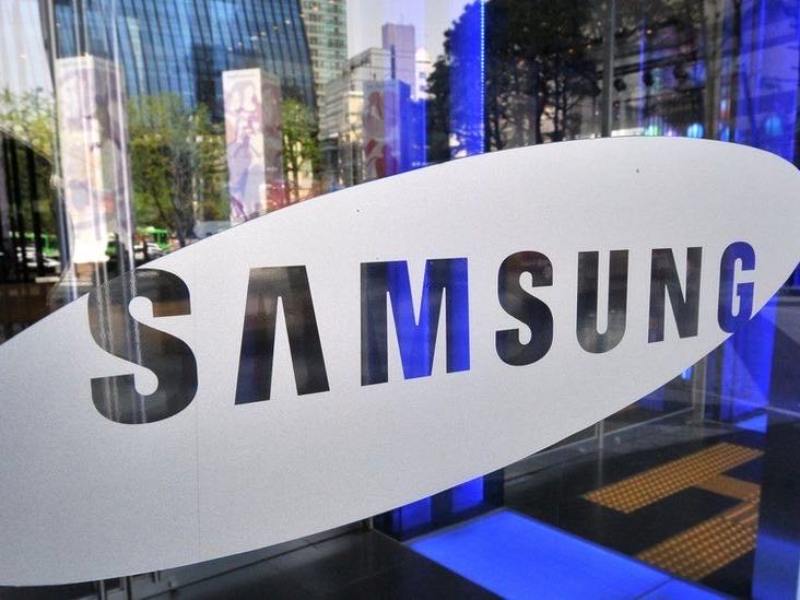- Samsung’s HBM chips are failing Nvidia’s tests due to heat and power consumption issues.
- The importance of aligning with Nvidia’s requirements highlights the competitive pressures in the semiconductor industry, where meeting the performance and efficiency standards of key clients is crucial.
Samsung’s latest high bandwidth memory HBM chips, including the HBM3 and HBM3E, have failed Nvidia’s tests due to problems with heat and power consumption, raising concerns within the industry and among investors. Despite Samsung’s denial of these specific issues, the failure to meet Nvidia’s stringent standards highlights the challenges Samsung faces in competing with rivals like SK Hynix and Micron Technology.
HBM3 and HBM3E chips affected
Samsung’s latest high bandwidth memory (HBM) chips, specifically the fourth-generation HBM3 and the upcoming fifth-generation HBM3E, have not passed Nvidia’s tests due to heat and power consumption issues, according to sources. These chips are essential for use in advanced graphics processing units (GPUs) needed for artificial intelligence applications.
Also read: AI advances bring Samsung’s memory chip business back to life
Also read: Bixby: A look at Samsung’s voice assistant
Importance of Nvidia’s approval
Securing Nvidia’s approval is critical for HBM manufacturers due to Nvidia’s dominance in the global GPU market for AI applications, holding around 80% market share. Passing Nvidia’s rigorous tests would not only boost Samsung’s reputation but also significantly impact its profit momentum. The failure to meet Nvidia’s standards raises concerns about Samsung’s competitive position and future growth in the HBM market.
Samsung’s response and optimization efforts
In response to the reports, Samsung stated that HBM is a customized memory product requiring optimization processes tailored to customer needs. The company emphasized its ongoing efforts to optimize its HBM products through close collaboration with clients, though it refrained from commenting on specific customer interactions. Despite denying the specific claims of heat and power issues, Samsung’s commitment to product optimization reflects the complexity and challenges involved in meeting stringent performance standards in the rapidly evolving semiconductor industry.

